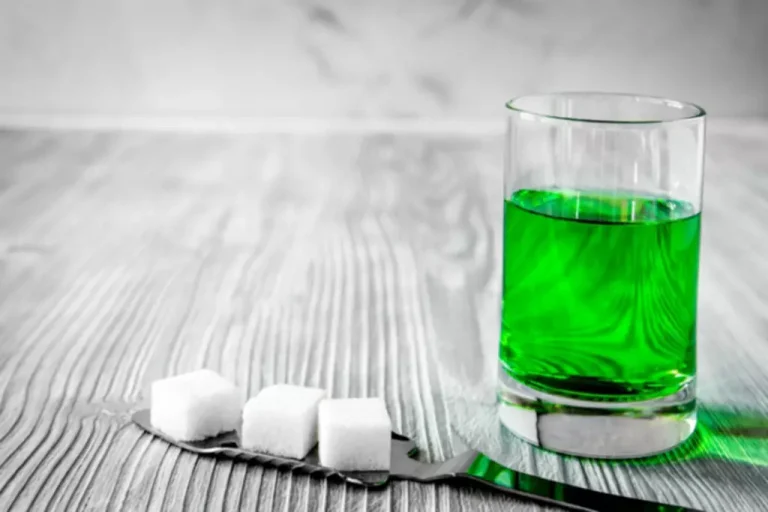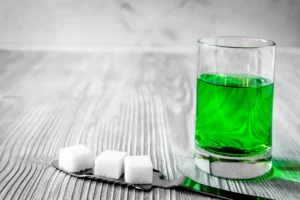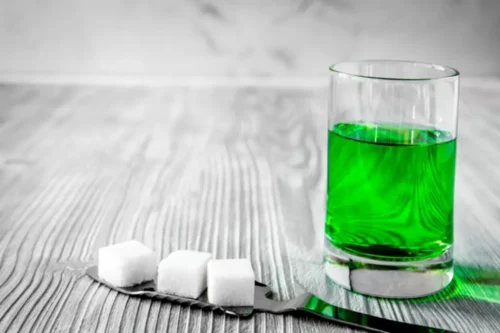A rating scale for alcoholic denial

Your continued support and understanding will play a crucial role in their ability to overcome denial, confront their addiction, and ultimately, heal. In some cases, it may be necessary to seek professional intervention to help an alcoholic in denial. A trained addiction counselor or therapist can provide valuable insights and assistance, delivering a more structured and effective intervention. Furthermore, they can recommend suitable treatment options and resources tailored to the individual’s specific needs. Alcoholism denial is a psychological defense mechanism where individuals with alcohol use disorder do not recognize their addiction.
My Loved One Needs Help
- Many drinking problems start when people use alcohol to self-soothe and relieve stress (otherwise known as self-medicating).
- Secondary denial is a form of denial that doesn’t come from the alcoholic, but from the people they surround themselves with.
- They may believe their drinking is still acceptable when compared to other people or other people drink just as much but still have their life together, imposing they can be the same.
- This psychological defense mechanism can be challenging to break through but is essential for recovery from addiction.
They may instead see the drugs and alcohol as an escape from their problems. Even if someone contemplates the idea that their substance use could be problematic, they may still find it hard to confront the severity of their addiction within themselves. When you see a Alcoholism and Denial family member or loved one repeatedly choose alcohol or other drugs above all else, you might begin to lose sight of the person you thought you knew. The problem is that alcoholism—or what doctors today refer to as “alcohol use disorder”—has taken hold. People with AUD often deny they have an unhealthy relationship with alcohol.
- Living with someone in active addiction affects every aspect of life—from work to finances, physical well-being to relationships with family and friends.
- Ray and Mr. Hathaway refer to two of her musical icons—Ray Charles and Donny Hathaway.
- In conclusion, denial of a general alcohol problem by individuals who admitted to multiple AUD criteria items was quite common in the SDPS, despite prodigious maximum drinking quantities.
What is an Alcoholic Narcissist?

With the right support network, anyone in denial can begin to see their progress and find hope for a future without alcohol abuse. Dealing with someone who is struggling with alcoholism and is in denial can be challenging. But, it’s important to approach the situation with empathy, understanding, and patience.
Helping a loved one
Ray and Mr. Hathaway refer to two of her musical icons—Ray Charles and Donny Hathaway. In her denial, she was sadly telling people if she was left alone to listen to her favorite singers and she would be OK. If you’re not familiar with the Twelve Step recovery, you might also want to do some research into how recovery support groups, such as Alcoholics Anonymous, can help. Here are some basics about Alcoholics Anonymous meetings and Twelve Step recovery practices. Group 1 and 2 offspring comparisons were repeated for the 106-male offspring, 84 (79.2%) of whom were deniers. Analyses using the 70 female offspring alone could not be adequately interpreted because there were only 9 non-deniers.
Addiction can be a never-ending cycle because addictive substances are both the comfort and the problem for the person who is addicted to them. You may use denial as a way to protect yourself from having to see, deal with, or accept the truth about what’s happening in your life. It’s increasingly common for someone to be diagnosed with a condition such as ADHD or autism as an adult. A diagnosis often brings relief, but it can also come with as many questions as answers. Timmen L. Cermak, MD, is a psychiatrist who specializes in addiction medicine. He is the author of numerous books, including From Bud to Brain and Marijuana on My Mind.


Be aware of the common forms of denial, and consider whether they are familiar to you. In this post, we’ll discuss how and why denial happens, its role in addiction, common signs, and how to help someone who may be in denial. At The Retreat, we believe in grounding our program on spiritual principles like those found in Alcoholics Anonymous (AA). By providing education and guidance within this framework, we empower individuals to confront their denial head-on while offering them tools for sustained sobriety.
Denial Feels Like the Easier Option

Unfortunately, alcohol so disrupts clear thinking that alcoholics can deny reality past the point that they are still alive. First, we report detailed information gathered prospectively every five years from 453 families by the same principal investigators using the same interviews and questionnaires across two generations. Those steps allowed a unique opportunity to ask questions and compare results across time and across generations. Second, denial is a broad concept lacking general agreement regarding the optimal definition, and the current analyses focus on only one of several types of denial that relate to substance use and problems. Third, the global question of how individuals view their drinking pattern was developed for this study and has not been formally evaluated for reliability and validity. Another interesting finding related to the overall differences across generations regarding the specific criteria items endorsed by AUD probands and AUD offspring in the first data columns of Tables 1 and and3.3.
By utilizing empathetic and compassionate approaches, we understand the challenges you or a loved one might face and want to help you overcome them. Don’t hesitate to reach out to experts in the field, such as Sabino Recovery, to gain further insight into alcohol addiction and the recovery process. Your journey to understanding and healing starts with education and awareness.
Signs your loved one is in denial
However, by approaching the situation with empathy and care and providing support and resources, you can help your loved one take the first step towards recovery. Education plays a crucial role in increasing awareness of the consequences of alcoholism, particularly for those in denial. A lack of education may lead to misunderstandings about the condition, causing a person to mask or downplay their alcohol use disorder. By providing accurate information about alcoholism, you can create an environment where people feel more comfortable acknowledging their struggles and seeking help. As you approach an alcoholic in denial, remember that encouraging the person to seek help is only the beginning of a long journey toward recovery.

















